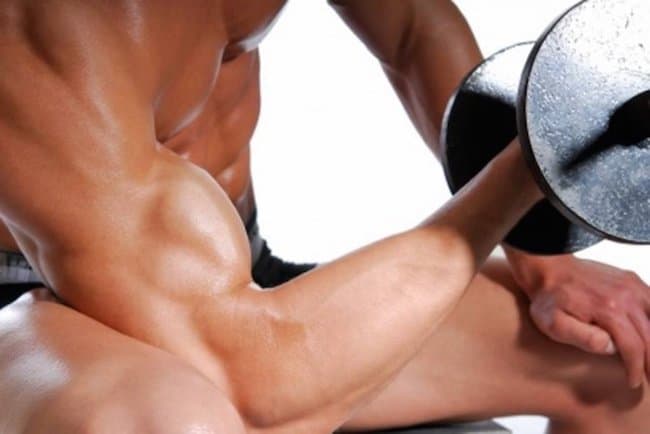
What kind of foods can help you build muscle?
When trying to gain muscle it is important to remember that exercise and lifting weights is only part of the winning formula. It is essential to have a healthy balanced diet, not only to provide the protein to build muscle, but also to supply the body with energy and nutrients necessary to complete workouts.
Although it is common belief that protein is the key nutrient required to build muscle, it is by no means the only component that contributes to a diet optimum for muscle growth.
Essentially, a balanced diet, rich is fruit and vegetable, complex carbohydrates and healthy fats, as well as good protein sources are required to promote muscle growth.
Top 10 Foods to Gain Muscle
Foods that are high in protein and low in fat are essential to build muscle, but should be part of a balanced healthy diet for optimum results.
1. Fish
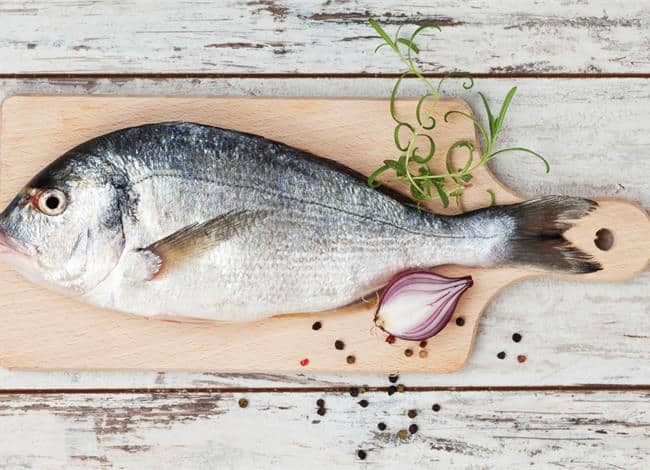
22g of protein in 3.5 oz
Fish is a complete protein that is low in saturated fats, making it an ideal source of amino acids in a healthy diet. Many fish, such as salmon and mackerel are also high in omega-3 fatty acids which have been shown to assist in protein metabolism and therefore aid muscle growth.
2. Lean red meat
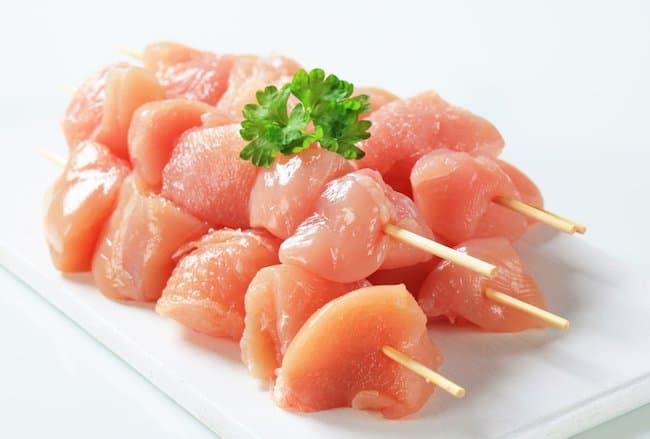
About 7 grams of protein per ounce (depending on cut)
Meat is also a complete protein, although it is higher in saturated fat than other sources. It is therefore essential to choose lean meat, remove any visible fat and cook using a low fat method such as grilling or dry frying.
3. Soy
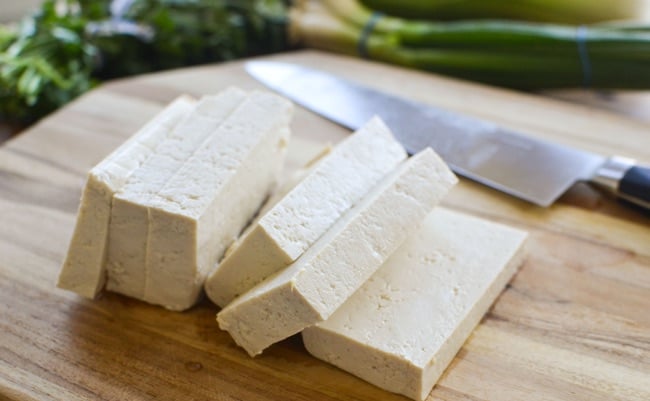
20g protein in ½ cup tofu
6-10g protein in 1 cup soy milk
Soy is rich in protein, as well as a huge amount of other nutrients. It is also low in saturated fat. Try a variety of forms of soy such as tofu, soy beans, and soy milk and soy desserts.
4. Quinoa
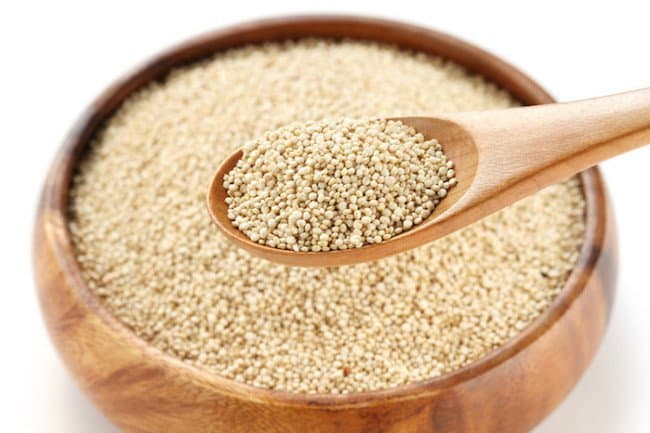
14g protein in 3.5 oz
One of the more recent ‘super-foods’ to hit supermarket shelves, quinoa is an excellent source of non-animal protein, that contains the complete profile of essential amno acids.
5. Eggs
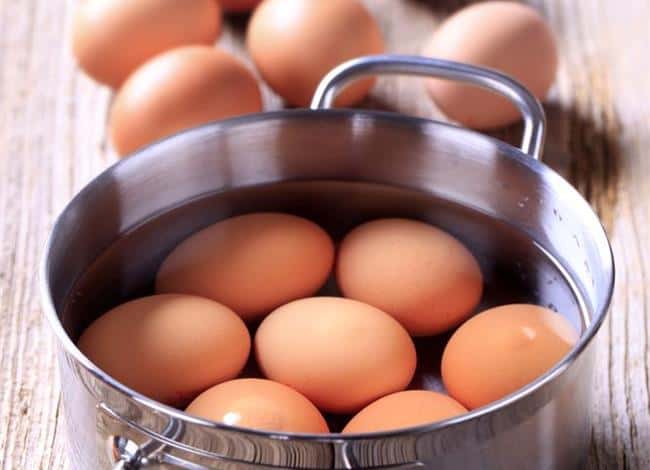
6g protein in 1 large egg
A cheap and nutritious source of protein, that is quick and easy to cook. Eggs contain all the essential amino acids and can easily be added to a dish to bump up protein content.
6. Almonds
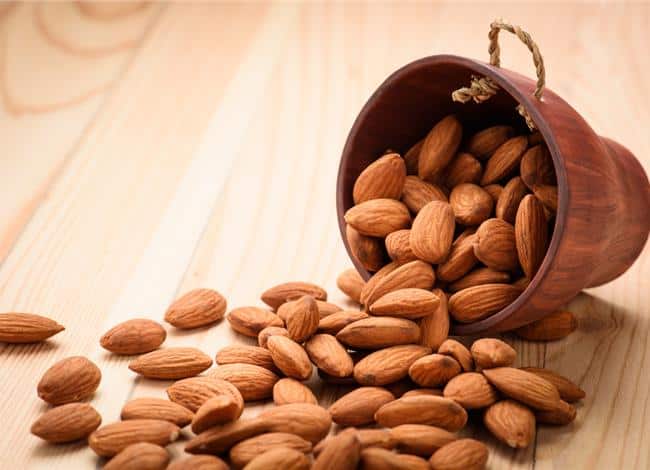
8g protein in ¼ cup
A high protein nut that is also high in unsaturated healthy fats and various other important nutrients. Almonds make an ideal portable, filling and nutritious snack. Choose raw, unsalted varieties for optimum health benefits.
7. Milk
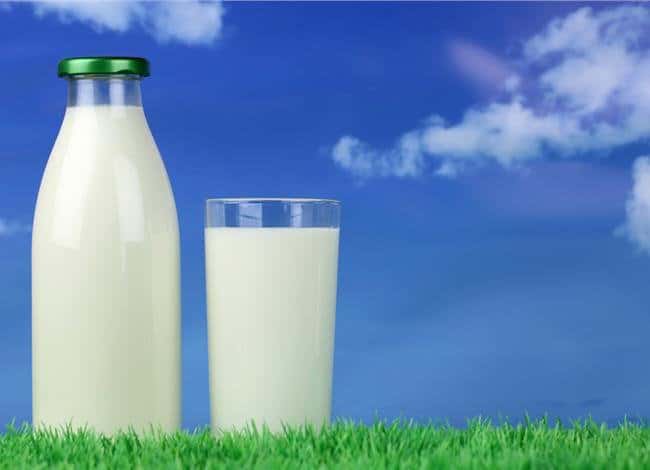
8g protein per cup
Milk is an excellent source of amino acids and easy to digest after a workout or on the run. It is also rich in other important nutrients such as calcium. Try flavoured milk for variety, but be aware that these will be higher in sugar and calories if you are trying to lose body fat. Choose low fat varieties ideally, as these have less saturated fat.
8. Chicken
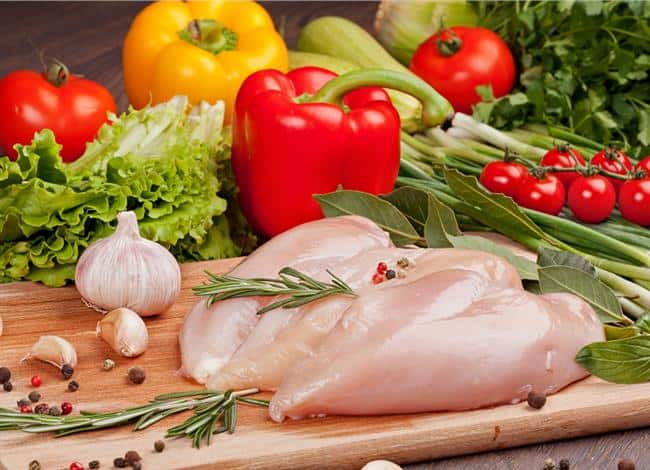
30g protein in 3.5oz breast
Chicken is an excellent complete protein, but it is important to remove the skin and choose less fatty parts of the bird, such as the breast.
9. Beans
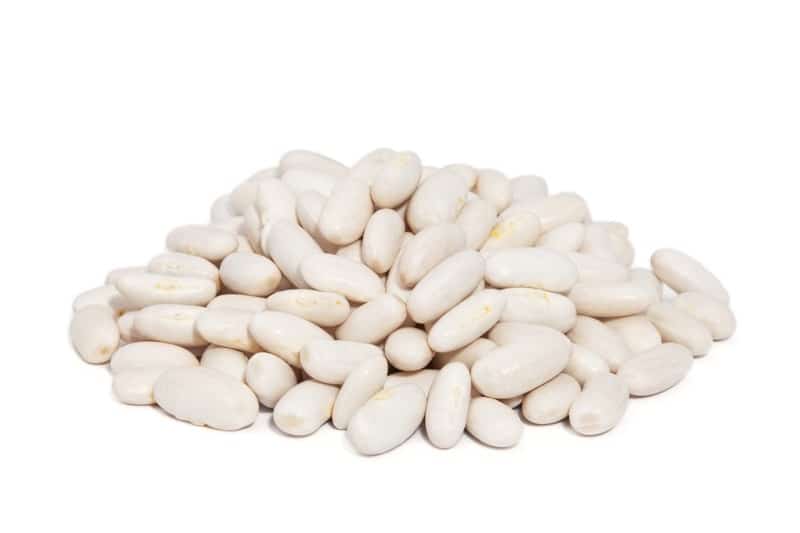
14g protein in ½ cup cooked
Although they are not a complete protein, beans have a good amount of amino acids and have the benefit of being low in fat and full of fibre. Combine beans with rice or wholemeal toast for a meal that contains all nine essential amino acids.
10. Peas
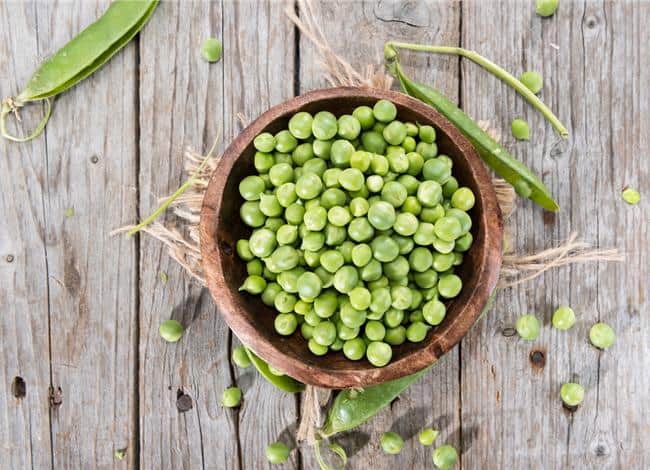
8g protein n ½ cup cooked
Similar to beans, these are high in protein, although not complete. Combine with whole-wheat grains for the best amno acids profile.
The importance of protein in gaining muscle
The 9 essential amino acids for building muscles
To build and maintain muscle, the body requires nine essential amino acids, which are the building blocks of proteins in the body. When we eat protein containing foods, these proteins are broken down to amino acids in the body, where they can then be used to form new proteins, such as those in muscle cells.
Amino acids therefore aid recovery and repair of muscle fibres after workouts, as well as allowing the creation of more muscle cells. The body can produce some amino acids itself, but the nine that cannot be produced need to come from dietary sources.
To increase lean muscle mass, The American Dietetic Association recommends 1 to 1.5g of protein per pound of body weight.
What are complete proteins?
To obtain all the amino acids needed, it is essential to eat complete proteins that contain a good profile of all nine essential amino acids. Animal products are generally complete sources, or you can obtain a complete profile by combining foods.
Rice and beans, for example, are not complete proteins alone, but when eaten together they contain the complete range of amino acids.
Too much protein is not good
It is also important to remember that it is possible to consume too much protein. Rather than increasing muscle mass further, excess protein can cause health problems such as dehydration and increased urination, diarrhoea and upset stomach, calcium loss from the bones and even possible kidney damage with long term use.
Other important nutrients
Carbohydrates
Carbohydrates are also essential for building and maintaining muscle mass, particularly if you are working out frequently. Carbohydrates act as fuel and are stored as glycogen in the body. As we exercise, or go about day to day life, glycogen stores are broken down for energy.
If we do not replenish these stores by eating carbohydrate foods, the body can turn to muscle to provide the necessary energy.
This result in muscle breakdown, the complete opposite of what you are trying to achieve. It is important to choose complex carbohydrates that are low GI for the best effects as these are broken down more slowly in the body and provide longer lasting energy.
Fat
Fat is also an important part of a balanced diet to build muscle, providing it is the right type of fat. Healthy poly and mono unsaturated fats are not only healthy for the heart, but have also been shown to have positive effects on the nervous system and to reduce inflammation.
It is suggested that 20 to 30% of your daily calories should come from healthy fat.
Vitamins and Minerals
A diet rich in vitamins and minerals is also essential, so fruit and vegetables should be part of any healthy diet. There are many different roles of various vitamins and minerals in the body, including in the building of muscle.
Not only this, but a diet high in fruit and vegetables provides valuable fibre, and is a good way to fill up with minimal calories, which is important for fat loss.
Water
Water is also a key factor in a muscle building diet. Studies have shown that a decrease in water can compromise strength, decrease protein synthesis in the body, increase muscle breakdown, impede digestion of nutrients and delay recovery. This means that staying well hydrated is very important for building muscle.
References used in this article







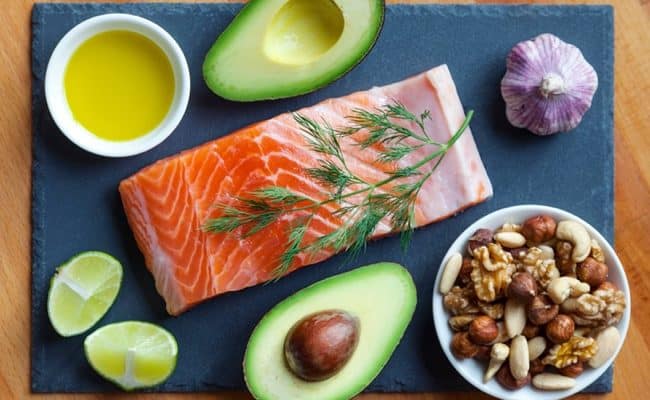
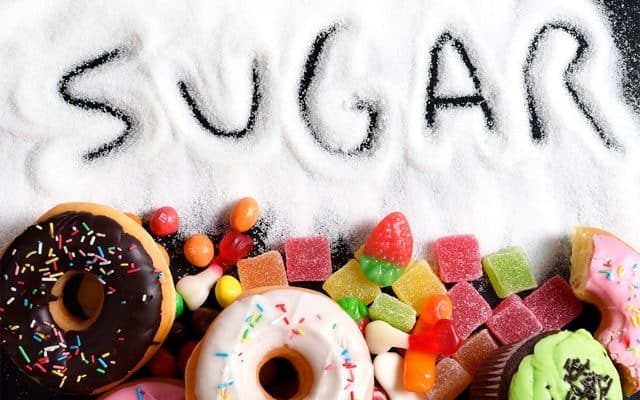


Rajai says
Naomi hi,
You mentioned that “excess protein can cause health problems such as dehydration and increased urination, diarrhoea and upset stomach, calcium loss from the bones and even possible kidney damage with long term use.” What is considered as excess protein? How much protein should normally eat in a day?
Thanks
Alex Chris says
Rajai Hi,
According to the US Dietary Guideline, the recommended amount of protein per day is 5-6 ounces depending on age and sex. One ounce of protein is roughly equivalent to one ounce of meat, poultry, pork or fish, ¼ cup cooked beans, 1 egg, 1 tablespoon of peanut butter, or ½ ounce of nuts or seeds. You can read this for more information: https://www.caloriesecrets.net/what-is-a-balanced-diet-and-why-is-it-important/
Thanks
Alex
Stacie says
I have MS and I eat alot of Fruits Vegs .. Salads ..and Seafood and Beans .
jack says
Really good info for all you muscle-builders out there…